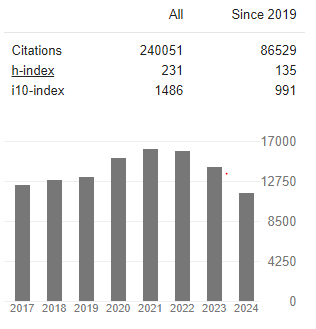Increased Musashi-2 and Decreased NUMB Protein Levels Observed in Human Colorectal Cancer are reverted to Normal Levels by ATRA-Induced Cell Differentiation
Abstract
Lynn M Opdenaker, Ryan Kowash, Gabriel Masters, Bruce M Boman, Tao Zhang and Shirin R Modarai
Background: Musashi stem cell (SC) proteins (MSI-1 & MSI-2) are known to become over expressed during colorectal tumorigenesis in humans and mice. MSI-1 overexpression induces tumorigenesis through Notch activation via inactivation of NUMB. Previous studies also show that MSI-2 overexpression in mice induces intestinal tumorigenesis but the mechanism is independent of NUMB. However, whether the MSI-2/NUMB pathway contributes to colorectal cancer (CRC) development in humans is still undetermined.
Methods: We evaluated expression of MSI-2 and NUMB proteins in matched normal and CRC patient samples, as well as in human CRC cell lines. We also determined whether induction of cellular differentiation by all-trans retinoic acid (ATRA) influences MSI-2 and NUMB expression.
Results: Analysis of matched patient tissue samples and CRC cell lines showed that MSI-2 protein expression is significantly increased and NUMB expression is decreased in CRCs compared to the normal colonic tissue. Immunostaining of normal and adenomatous colonic epithelium revealed that MSI-1+ and MSI-2+ SCs reside in the SC niche and they become overpopulated during colon tumorigenesis. Moreover, promoting cellular differentiation by ATRA reduces MSI-2 protein levels, while increasing NUMB protein levels in human CRC cell lines.
Conclusions: MSI-2/NUMB protein expression is altered during colon tumorigenesis, and indicates that MSI-2/ NUMB signaling in human colonic stem cells is closely linked to normal colonic epithelial homeostasis.
Implications: The ability to normalize MSI-2/NUMB signaling by inducing differentiation of cancer SCs suggests a novel therapeutic approach for CRC treatment.




